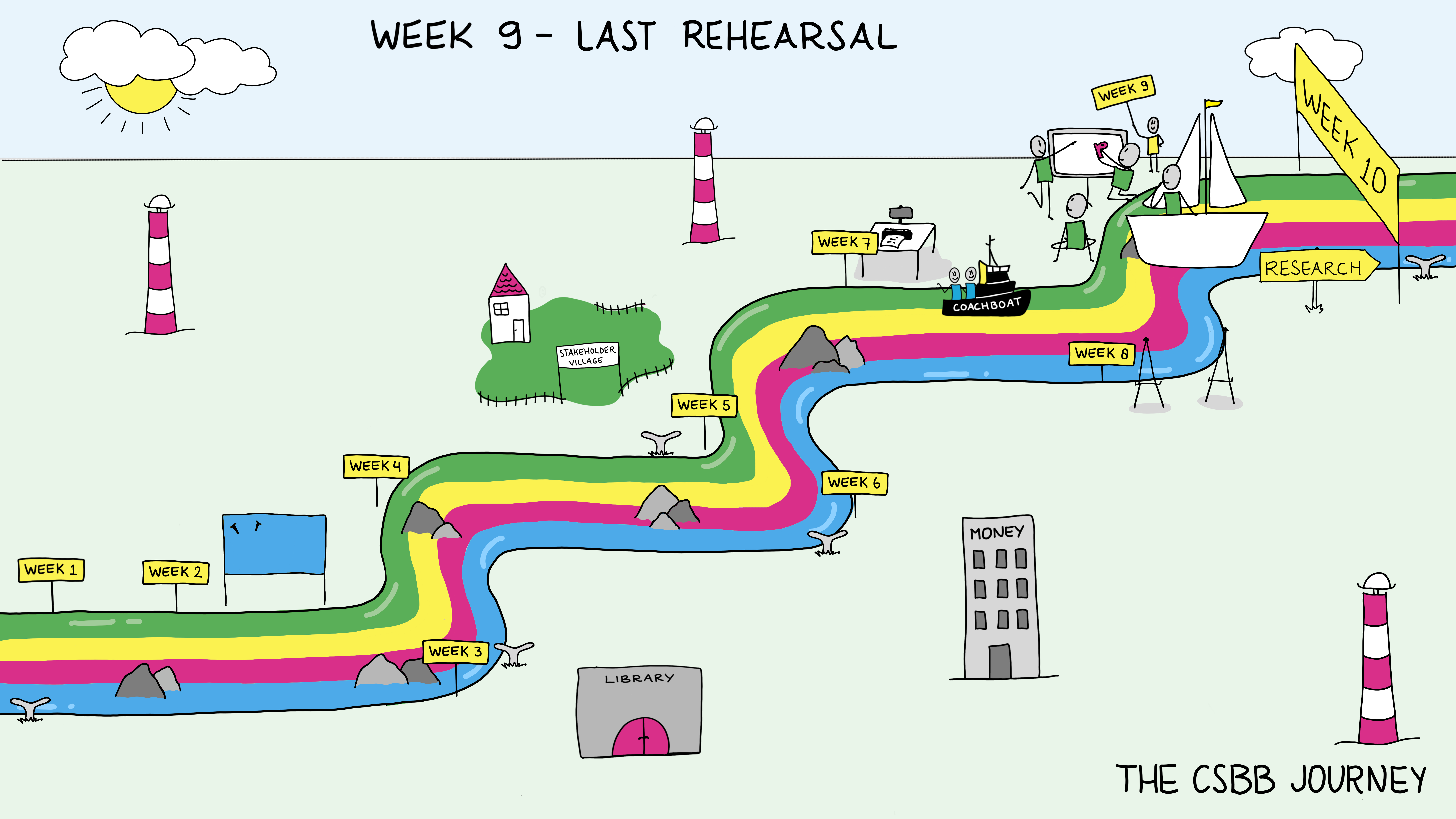
Week 1.9: Editing and Feedback#
In the world of scientific research, the ability to critically edit one’s work and effectively process feedback is fundamental to producing clear, credible, and impactful science. Scientific writing is not just about conveying results—it is about building trust, ensuring reproducibility, and contributing meaningfully to a broader conversation. Critical editing helps researchers refine their arguments, eliminate ambiguity, and strengthen the logic and structure of their work.
Equally important is the capacity to receive and integrate feedback. Scientific progress relies on dialogue—between collaborators, peer reviewers, and the wider research community. Processing feedback with openness and discernment allows researchers to improve their work, challenge assumptions, and grow intellectually. Rather than being a sign of failure, feedback is a tool for refinement and a reflection of science as a collective, iterative process. Mastering these skills supports not only individual success but also the integrity and advancement of science as a whole.
Monday:
This week there is no spotlight nor workshop on Monday
Wednesday:
Workshop: Critical Editing and Processing Feedback
Friday:
Friday Symposium
Workshop: Critical Editing and Processing Feedback#
Collaborative writing in a team is a complex activity. It involves making clear agreements about the text, editing and giving feedback on each other’s work. The ingredients and storyline of your research should now be in place, and it is time to turn the document into a coherent, clear and attractive text. This workshop focuses on effective strategies for giving feedback on and revising a collaborative document. Working with your draft research proposals, we will discuss how to constructively give feedback on someone else’s text, how to trace style and readability issues with the ‘read aloud’ method and how to solve such readability issues. Furthermore, we will discuss how to ask for, receive and process constructive feedback. This involves accepting feedback on your text and determining what feedback is most valuable to process. After the workshop, time is reserved for writing consultations.
Key concepts#
Providing constructive feedback on texts
Guidelines for academic writing style and readability
Accepting constructive feedback, and asking for it
Learning goals#
Give constructive feedback on a text
Apply revision and editing strategies to improve readability
Group Activity of the Week#
Turn in final grant proposal to supervisor
Submit poster
Peer review of other group’s draft proposals
Discussion Questions#
If you are editing something for someone else, what is your method? How could you do better? When giving something to someone else to edit, what do you particularly want help on?
Do you feel ready for the presentations next week? What do you feel confident about? What do you feel least confident about? Think of a way to prepare and lessen the worry.
What are you proud of in the work you’ve done this quarter?
What was your favourite thing to learn?
Weekly Submitted Assigments#
Group#
Submit your poster (A0 format)
Hand in your feedback for another group’s final draft of the grant
Individual#
What makes for a good presentation? How will you prepare for that? (½ page)
References#
TU Present (see Brightspace):
Module Delivery
